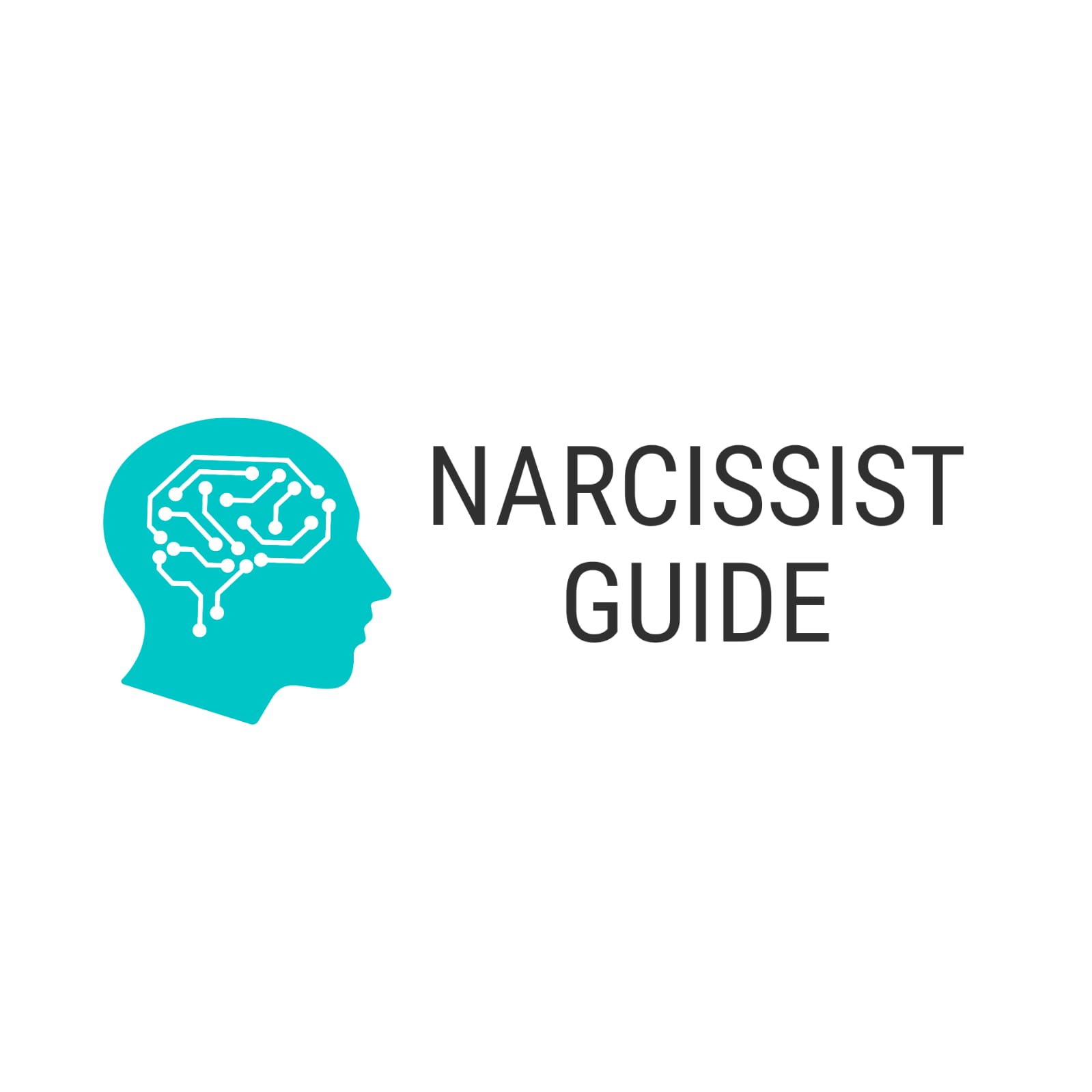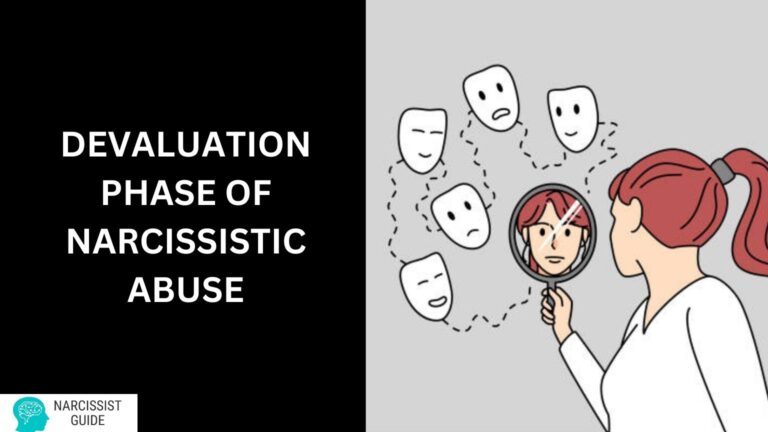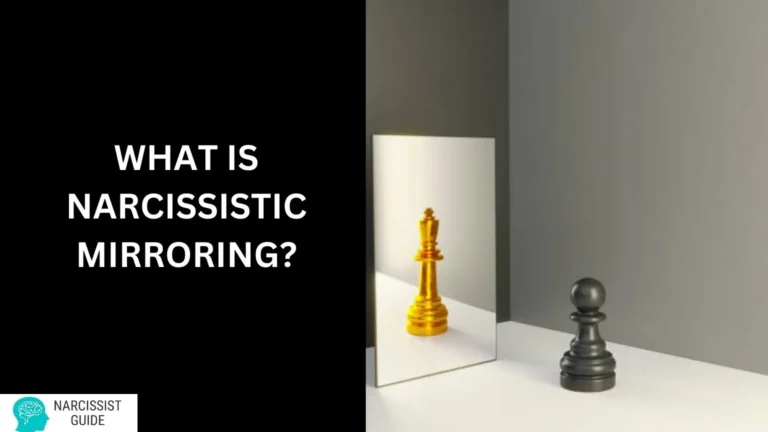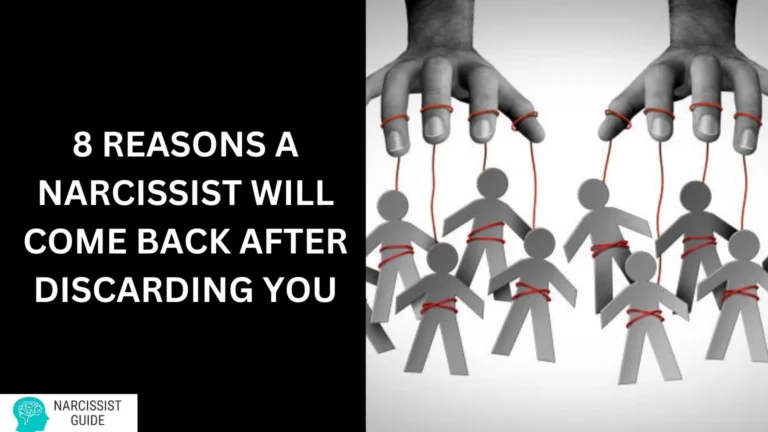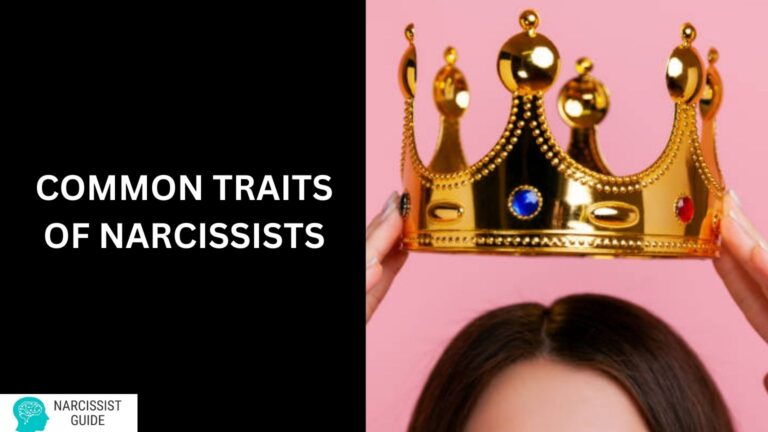30 Things Covert Narcissists Say: Their Tactics and Manipulations
Covert narcissists are often more difficult to identify than their overt counterparts. They typically avoid the spotlight and disguise their manipulative behaviors in more subtle ways.
By understanding the things covert narcissists say, you can start to recognize their patterns and protect yourself from their emotional manipulation.
In this article, we’ll explore 30 common things covert narcissists say and what these statements really mean.

What is a Covert Narcissist?
Before we dive into the 30 things covert narcissists say, it’s important to understand what covert narcissism actually is.
Unlike overt narcissists, who are more direct and attention-seeking, covert narcissists are introverted and prefer to fly under the radar.
They often portray themselves as victims and have a tendency to manipulate others without drawing attention to their behavior.
Covert narcissists are experts at using passive-aggressive tactics, guilt-tripping, and emotional manipulation to get what they want. Recognizing the things they say can help you spot these manipulative behaviors early on.
30 Things Covert Narcissists Say and What They Really Mean
Here are 30 common phrases used by covert narcissists and what they truly signify:
1. “I’m just too sensitive.”
This statement is often used to deflect criticism or avoid responsibility. The covert narcissist portrays themselves as a victim, making it harder for you to hold them accountable.
2. “Why are you attacking me?”
This is a defensive tactic used when the covert narcissist feels threatened. Instead of addressing the issue, they shift the focus to your actions, making you feel guilty for even bringing up a problem.
3. “I’ve always been there for you.”
Covert narcissists will often use past favors or actions to guilt-trip you into doing what they want. They want to remind you of their sacrifices, even if those actions were done out of self-interest.
4. “Nobody understands me like you do.”
This is a classic love-bombing phrase. The covert narcissist is attempting to make you feel special so that you’ll become more emotionally invested in their needs.
5. “I don’t need anyone. I’m fine on my own.”
This phrase may appear to show independence, but it’s a way for the covert narcissist to push others away and appear self-sufficient, even when they’re secretly seeking validation and attention.
6. “You’re overreacting.”
When you call out a covert narcissist’s behavior, they will often dismiss your feelings by labeling them as an overreaction. This gaslighting technique is meant to make you doubt your own perceptions.
7. “I’ve done so much for you. You should be grateful.”
Covert narcissists frequently remind you of their “good deeds” as a way of manipulating you into feeling indebted to them.
8. “I never said that.”
This is a form of gaslighting used by covert narcissists to deny the things they’ve said or done, making you second-guess your memory and reality.
9. “You’re the only one who really gets me.”
This statement is another manipulation tactic, where the narcissist tries to make you feel uniquely important to them, increasing your emotional dependence on them.
10. “I’m not perfect, but…”
Covert narcissists may downplay their flaws, implying that they are justified in their behavior while avoiding taking full responsibility for their actions.
11. “You’ll regret this.”
This is a threat that covert narcissists use when they feel betrayed. It’s designed to make you fear the consequences of standing up for yourself.
12. “It’s all your fault.”
Rather than taking accountability for their mistakes, covert narcissists will deflect blame onto others. This is a common tactic to avoid responsibility for their actions.
13. “I didn’t mean to hurt you.”
This is a manipulative apology designed to make you feel bad for being upset, even though the narcissist’s actions were deliberate.
14. “You’re the only person I trust.”
This is another tactic to isolate you, making you feel indispensable to them. The covert narcissist wants you to believe that you are their emotional anchor.
15. “I don’t want to argue.”
Covert narcissists often use this phrase to end any discussion, especially if they feel they’re losing control of the situation.
16. “You should be more like me.”
This statement is often used to criticize others while elevating themselves. The covert narcissist will make comparisons to belittle you.
17. “I’m not the problem, you are.”
When confronted with their faults, covert narcissists often flip the script and make the other person feel like the source of the problem.
18. “I’m just doing what’s best for you.”
This phrase is often used to justify their controlling or manipulative actions. The covert narcissist convinces you that they know what’s best for you, even when their actions are self-serving.
19. “I never get what I deserve.”
Covert narcissists play the victim card frequently. They want you to feel sympathy for them, masking their sense of entitlement.
20. “You’re so lucky to have me.”
This is a form of self-aggrandizing statement. Covert narcissists often elevate their worth while making you feel inferior or ungrateful.
21. “You don’t appreciate anything I do.”
This is a guilt-tripping phrase, designed to make you feel bad for not acknowledging their efforts, even if those efforts were self-serving.
22. “I can’t believe you would accuse me of that.”
Covert narcissists often use shock and disbelief to dismiss any accusations. This is another form of gaslighting, meant to make you feel crazy for calling them out.
23. “I’m so misunderstood.”
This statement is frequently used by covert narcissists to garner sympathy. They believe that they are above reproach, and anyone who criticizes them is simply misunderstanding their intentions.
24. “You’re just jealous of me.”
When a covert narcissist feels threatened, they may project their insecurities onto others, accusing them of jealousy or envy.
25. “I’m sorry, but I didn’t mean it like that.”
Covert narcissists use this statement to soften their insults or harsh behaviors. It’s a way to cover up their true intentions.
26. “Why do you always have to make everything about you?”
This is a typical tactic used by covert narcissists to avoid taking responsibility for their actions. They make you feel guilty for addressing issues that directly affect you.
27. “I wish I could be more like you.”
This is a subtle way of diminishing your worth while feeding into their need for validation. The covert narcissist wants to make you feel special but in a way that makes them appear self-critical.
28. “You’ll never find someone like me.”
This is a manipulation tactic that covert narcissists use to keep you emotionally dependent on them. They want you to feel like no one else will care for you the way they supposedly do.
29. “I know you’re just trying to help, but…”
This statement is used to dismiss your support or advice. It’s a way for the covert narcissist to remain in control while making you feel like you’re interfering.
30. “You owe me.”
Lastly, covert narcissists often play the debit card. They will try to make you feel obligated to do something for them, based on past actions, even if those actions were never asked for.
How to Handle a Covert Narcissist?
Recognizing these phrases is just the first step in dealing with covert narcissists. If you’re in a relationship or have ongoing interactions with one, it’s essential to set clear boundaries and protect your emotional well-being.
Remember, you don’t owe anyone your energy or time, especially someone who is trying to manipulate you for their own benefit.
People also ask
How do covert narcissists talk?
Covert narcissists often speak in subtle, passive-aggressive ways to manipulate others.
They may sound overly sensitive or self-pitying, using phrases like, “I’m just too sensitive,” or “I’ve always been there for you.”
They tend to play the victim, deflect blame, and gaslight by saying things like, “You’re overreacting” or “I never said that.”
They also frequently seek validation with statements like, “You’re the only one who understands me,” and guilt-trip others with, “You should be grateful.”
Their speech often masks their true intentions, making it harder to spot their manipulative behavior.
What are the most common phrases used by narcissists?
Here are some of the most common phrases used by narcissists:
“I’m just too sensitive.”
“You’re overreacting.”
“Nobody understands me like you do.”
“I’ve done so much for you, you should be grateful.”
“I never said that.”
“You’ll regret this.”
“It’s all your fault.”
“I don’t need anyone. I’m fine on my own.”
“You’re lucky to have me.”
“I’m sorry, but I didn’t mean it like that.”
What is a covert narcissist expectations?
A covert narcissist typically expects constant validation, admiration, and attention, but in subtle ways.
They seek to be seen as victims or martyrs, expecting others to prioritize their needs without openly asking for it.
They also expect unquestioning loyalty, while avoiding taking responsibility for their actions.
Covert narcissists often want to control situations and people through guilt, emotional manipulation, or passive-aggressive behavior, without appearing overtly demanding.
What is the root cause of covert narcissism?
The root cause of covert narcissism is often a combination of early childhood experiences, such as neglect, emotional abuse, or overvaluation.
These individuals may have developed a fragile sense of self-worth and, in response, create an internalized belief that they are special or deserving of attention, even if they don’t openly seek it.
This can lead to compensatory behaviors like seeking validation through passive-aggressive tactics or portraying themselves as victims to gain sympathy and control.
Conclusion
In Conclusion, Understanding the things covert narcissists say can help you avoid falling into their traps of emotional manipulation.
Recognizing these phrases and behaviors gives you the tools you need to stand up for yourself and maintain healthy boundaries.
If you’re dealing with a covert narcissist, don’t be afraid to seek support from trusted friends, family, or a therapist.

I’m Dr. James, and I’m glad you’re here. With years of experience in understanding and addressing the complexities of narcissistic behavior, I’ve dedicated my career to helping individuals navigate the challenging dynamics that come with narcissism, whether it’s in personal relationships, workplaces, or family settings.
